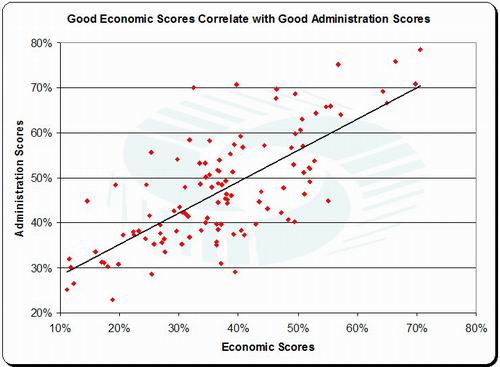Government releases new measures to promote marriage and parenthood.
Having blogged a few times comparing baby allowances in Singapore and Canada, it is good to see that the Singapore government has increased its baby bonus. For comparison,
Canada gives a poor baby more than C$80,000 in direct cash. Rich babies in Canada get less.
How to claim a million dollars in Singapore?
Singapore is a welfare state
Building families with bricks, not straw | publichouse.sg
Singapore: Rich babies get more welfare than poor babies
Grace Fu and child benefits
Canada is a citizen-ownership democracy. Almost
Main points of the new baby bonus package, for a family with 2 kids.
1. Rich parents enjoy $99,000 in cash, co-savings, tax savings, subsidies and about 16 months of paid leave. The paid leave could be worth $100,000s or $1,000,000s, depending on the parents' salaries.
2. Poor parents enjoy $12,000 in cash and $6,000 in CPF grant.
3. The Singapore government continues with its mindset that the rich should get more welfare than the poor.
Calculations for the new baby bonus package
In the new enhanced baby bonus package,
2 babies & parents will receive
$12000 cash
$12000 is co-savings (the parents must come up with another $12,000 for a special co-savings account)
$6000 in Medisave grants (to be locked up and used for special medical charges)
$16,000 in tax savings (provided the parents are paying this amount of tax)
$53,000 in infant care and child care subsides (the parents need to spend two or three times this amount in order to "enjoy" these subsidies)
4 months paid maternity leave per child
1 week paid paternity leave per child
6 days paid child care leave per yer per until until children reach 7, 2 days thereafter until children reach 12
The $ value for these leaves is estimated at about $67,000,
leading to a grand total of $166,000.
Total leave per child= 4 months + 1 week + (6 days * 2* 7 + 2 days * 2 *5) = about 8 months
On the other end, if the mother prefers to stay at home to take care of her children, has no money for co-savings, and has no money for childcare (current rates are $1000 a month for each child), all she will get from this new baby bonus package will be
$12,000 cash and
$6,000 in Medisave grant (locked up in CPF)
Interesting blogs about this topic
"I felt that we should know our limits & abilities to plan how many kids we are able to have & not because of some short-term benefits to entice us to have more. "
The great Singaporean baby blues
"When we are hopeful and not afraid to face the future. We will always strive to have children. That is really the nature of humans.
Baby Bonus Signals
"Why not just make child care free?"
When the govt starts to throw money…
"The unequal distribution of the country’s wealth could become unacceptable and a big problem when some recipients are deemed as undeserving of the handouts or should not benefit fully from such programmes."
"I’ll question why these measures are only for new babies. What about parents with young babies right now?"
Using Children as Collaterals for HDB Flat Priority
"Overnight, lines are drawn for those who have kids, kids coming, and yet to be married couples. Divide and conquer comes to mind."










